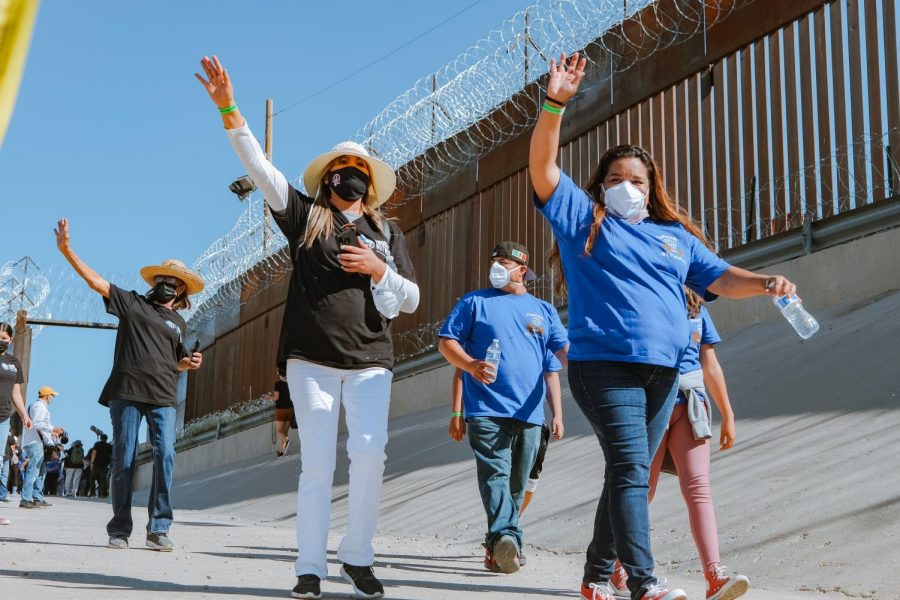The U.S. Supreme Court issued an order on Aug. 24 to the Biden administration to reinstate the “Remain in Mexico” policy that requires asylum-seekers to wait out their cases in Mexico.
The Migrant Protection Protocols (MPP), commonly referred to as “remain in Mexico,” was adopted in early 2019 during the Trump administration.
In one of his first acts, President Joe Biden ended the policy in January, stating that he will continue its legal fight against the “Trump-era policy.”
Supreme Court Justices Stephen Breyer, Elena Kagan and Sonia Sotomayor dissented on the decision, but did not write an opinion expressing their views of the case.
“I hope that both ideologies find a way to connect and move forward,” said Jose D. Villalobos, professor of political science with a doctorate in American Politics and Public Administration. “There is a message of the Biden administration of moving towards a progressive direction, but everything must work as check and balances.”
Lawyers of the U.S. Department of Justice argued that reinstating the policy would be highly disruptive and could roil U.S. relations with Mexico.
A press release from the U.S. Department of Homeland Security, which is responsible for implementing the policy, said that it will proceed with the order but that it “respectfully disagrees with the district court’s decision and regrets that the Supreme Court declined to issue a stay.”
Texas Gov. Gregg Abbott tweeted, “The SCOTUS decision to reinstate the policy is a major victory for the safety of our communities.”
Immigrant advocates have widely condemned the policy as harmful to the safety of migrants and to their right to seek asylum, declaring that it could put them at risk.
U.S. Rep. Veronica Escobar, D-El Paso, posted on Twitter, “MPP was an inhumane policy, one that (like Title 42) eroded American asylum (and our values).”
Advocates said some cases could take years before an asylum petition is settled, which led migrants to illegally cross the border rather than wait.
“I understand the fact that immigrants are desperate, but if you force entry by simply crossing the border and get caught, you just lost your only chance at being accepted,” said Ricardo Mendez, a 20-year-old mechanical engineering major at UTEP.
The director of the Ministry of Foreign Affairs, Roberto Velasco Álvarez, declared that Mexico is not part of the Judicial Process which deals with the unilateral U.S. measure. Alvarez also announced that on Aug. 25, Mexico discussed the Supreme Court ruling with the Biden administration.
The Mexico Ministry of Foreign Affairs outlined in a press release on Aug. 25 that “the U.S. Supreme Court ruling has no direct implications on how the Government of Mexico manages migration.”
However, the Government of Mexico stated that it would continue to have discussions with the U.S. Government to evaluate various scenarios for managing orderly, safe and regular migration on the border.













